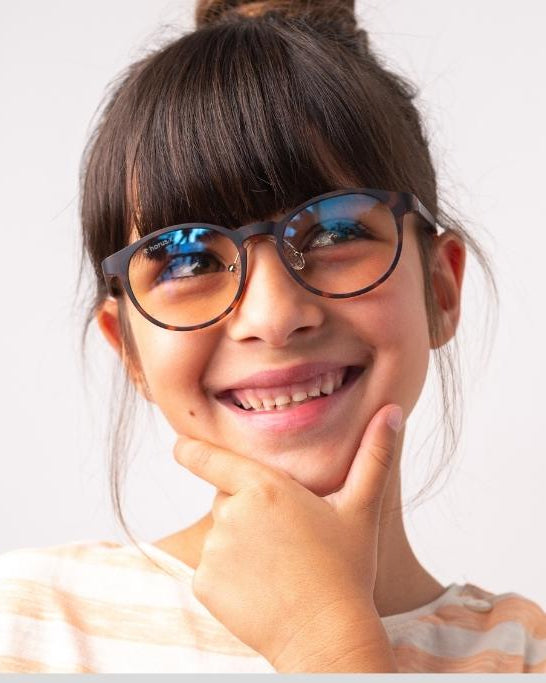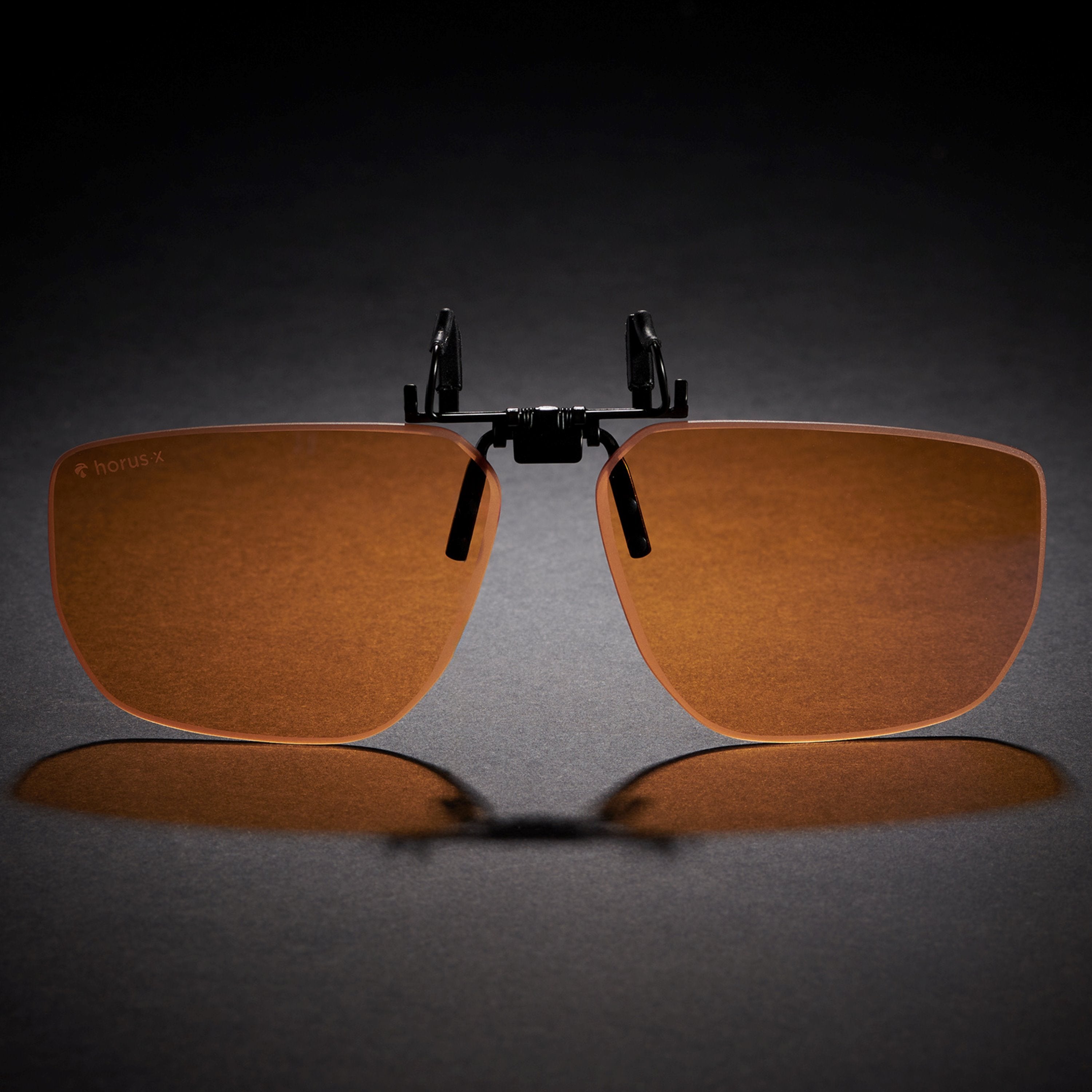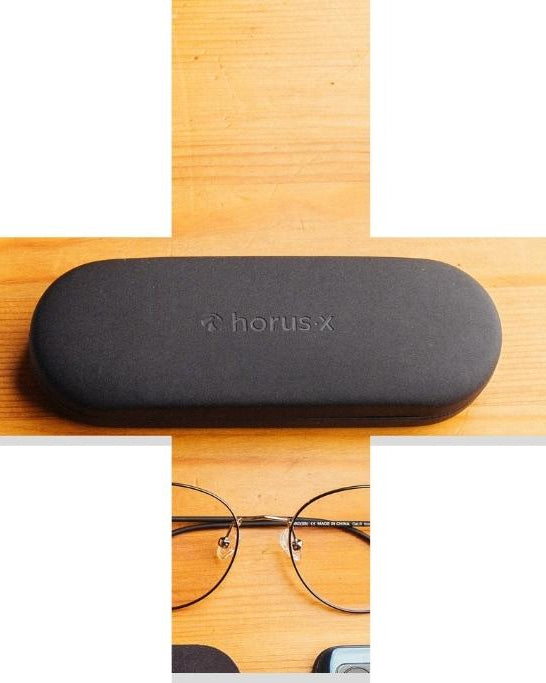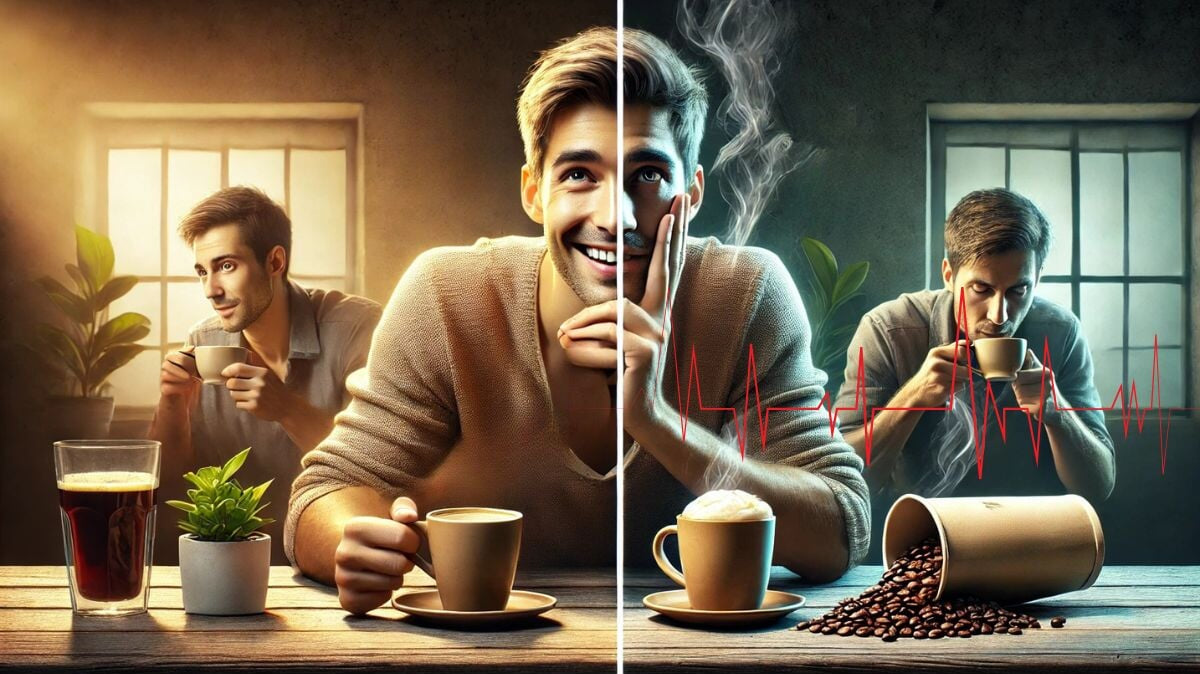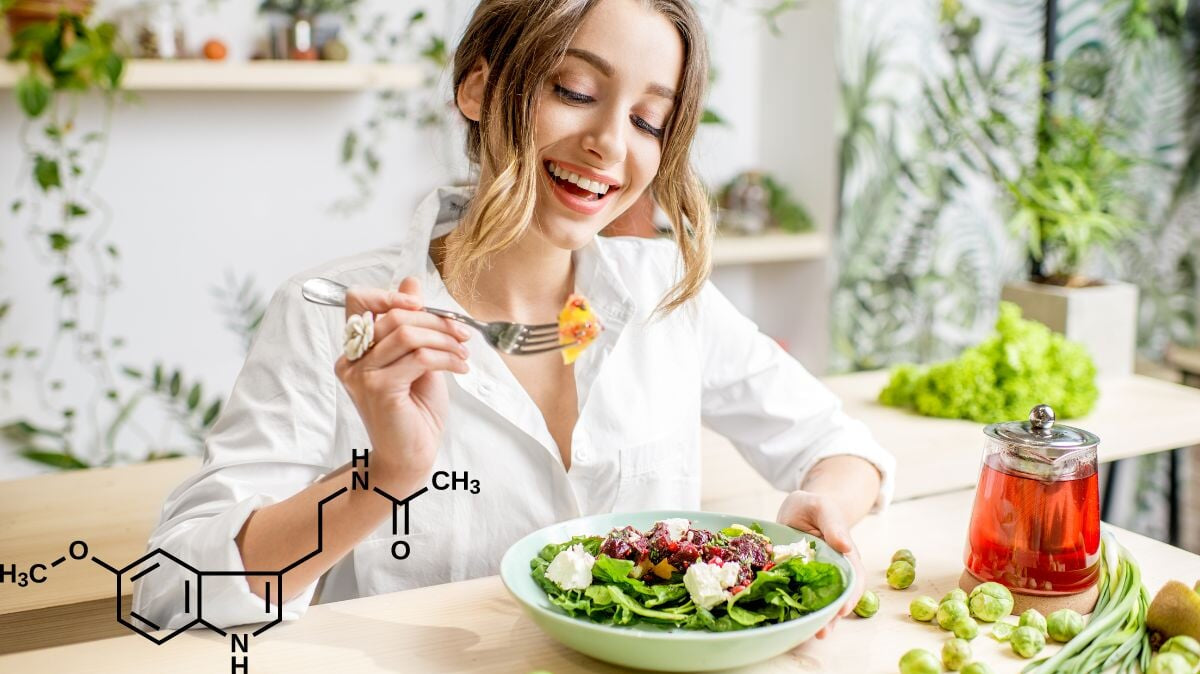In this guide you will find:
- Research supported by scientific studies to take care of your sight , in the context of screen-related fatigue.
- Natural advice and a selection of plants to keep your eyes healthy in the long term.
- Good humor and a bit of humor
You won't find:
- Advice from Grandma Solange who also said "soup makes you grow so take a spoon"
- Improbable ingredients or impossible recipes based on Himalayan cactus
_____

Master Yoda's best tips for taking care of your eyes naturally (without any plants!)
Plants can provide you with the best nutrients to take care of your vision...
But it won't do any good to eat fennel seeds with all your meals if you don't respect the basics to take good care of your peepers, following the advice of Master Yoda (who lived to be 900 years old with lynx eyes! Besides, the Lynx has completely normal eyesight, big urban legend )
💧 Water in quantity you will drink:
- Nothing revolutionary, but drinking + water is the best advice you can apply because we tend to be often below the recommendations. Drink a glass of water as soon as you wake up + a glass before/during/after each activity where you move your body + a glass with each meal.
- Install the Lifesum app. I tested it personally, I almost doubled my water consumption overnight (when I thought I was drinking enough).
- Tip: Keep a water bottle next to your PC to allow you to drink +
👀 A little eye exercise you will accomplish
- Here is a small exercise that you can do without problems on a daily basis: the Triple20 .
- Just look at something 20 "feet" away from you (about 6 meters), for 20 seconds. The rule says to repeat the exercise every 20 minutes, which can be a little too complicated to follow, but if you integrate it into your routine (for example, when you take your bottle to drink), it will be already great !
- You can even look out the window to take in the sun at the same time (even go out on your balcony or terrace if you have one)
💻 The height of your screen you will adjust
- We don't teach you anything, but if your screen is not facing your eyes, then you will position yourself badly at shoulder level at first, and strain your eyes in a position that is far from optimal.
🕶 From blue light and reflections you will protect yourself (especially at the end of the day)
- This part of the ultra intense light spectrum diffused by the LEDs of your screens. Turn off the screens 1 hour before going to bed and try to protect yourself with software or special filters (if possible, good quality glasses), especially in the evening.
 Dig further into the subject of glasses here
Dig further into the subject of glasses here
_____
The top 5 plants that you absolutely must have in your closet.

Here is a list of natural foods, with the best nutrients for your vision, without too much complexity.
To fight against the aging of your eyes, improve your health, protect your vision, and maintain good eyesight, we advise you to consume once a day (on average):
Lutein with spinach

The vegetable that contains the most lutein is " kale ". But let's admit that it's not the most common vegetable on the market stalls, and that we don't have it all year round in our fridge.
Spinach is recommended instead, especially since it is rich in iron, vitamin K, vitamin A ( 100 g of spinach provides half of the recommended daily allowance ) , vitamin C, and magnesium, making it a source of vitamins and minerals super interesting and with many virtues. It is one of the vegetables richest in lutein.
Be careful, lutein is degraded by heat, but you will also have more in proportion with already cooked spinach (because less volume). Given the hassle it is to prepare spinach leaves, we recommend buying it frozen to facilitate preparation. Note that lutein is better absorbed in the presence of fat, so you can for example put it once a day with your scrambled eggs.
Alternatives : You will also find lutein in turnips and nasturtium flowers in infusion.
Why lutein is good for your eye health according to ANSES:
- Lutein and zeaxanthin have antioxidant properties and filter blue light, thus preventing retinal degeneration
- Daily dietary intakes of lutein and zeaxanthin of 6 mg would be associated with a lower incidence of AMD and cataracts.
- 50% of the French population would consume less than 0.85 mg of lutein per day!
🔎 Source:
- https://www.anses.fr/fr/system/files/NUT2002sa0105.pdf
- USDA National Nutrient Database for Standard Reference, Release 21. Lutein + zeaxanthin (mcg) Content of Selected Foods per common Measure, sorted by nutrient content..
- USDA Nutrient Data Laboratory. Agricultural Research Service. Zeaxanthin Content of Selected US Foods - 1998.
- Health passport
- https://www.anses.fr/fr/system/files/NUT2002sa0105.pdf
Zinc with blueberry

Bilberry is one of the richest berries in anthocyanins - powerful antioxidants, and polyphenols. It allows the proper functioning of the retina, in particular by protecting its cells to fight against oxidative stress. Its vitamin A and zinc content is super interesting for your eyes, so don't deprive yourself of it.
Since blueberry berries are difficult to find out of season, you can stock up in summer then freeze it to bring it out from time to time in a smoothie, or buy it directly frozen =)
Tip :

Don't take this paragraph as an excuse to binge on gallons of blueberry Mont Blanc beer, alcohol isn't good for your eyes (although it's great!)
Green tea for antioxidants

The virtues of green tea are very numerous. The consumption of catechin would reduce the risk of eye diseases by protecting the eyes from deterioration due to oxidation (reduction of oxidative stress) and by preventing vision loss.
Green tea is rich in it, and in addition it is easy to consume!
Our advice, replace your morning coffee with green tea.
(the rest of the team is hard to convince)!
Choose a loose leaf tea, if possible organic, by going directly to the tea counter closest to you (or online). The tea leaves will be much more qualitative than in the supermarket (better for you and for your health)!
You can even find some that will be accompanied by herbs, flowers, plants, or fruits, for a flavor more suited to your tastes.
For my part (Stéphane), I opted for mint sencha green tea , even if I often alternate with a winter Chaï black tea. Everything comes from Comptoir le T (in store in Aix les Bains, but they also have their own website ). Dominique is a sommelier and with his wife they love tea, you will make the right choice by ordering from them.
🔎 Source:
Green tea contains catechins which belong to the family of antioxidants that includes vitamin C, vitamin E, lutein, and zeaxanthin and is well-known for its disease-fighting properties.
https://www.medicalnewstoday.com/articles/179965#1 December 06, 2022
Alternative to green tea: Eyebright Infusion
If you don't like green tea, or it's a little too strong for you, you can try eyebright tea. This plant is famous for its properties for the eyes, but we have not tested it in the team. Apparently, it would have a strong and bitter taste, on paper it does not make you want to! Tell us if you tried it ;)
https://ileauxepices.com/thes-et-infusions/578-euphraise-officinale.html
Vitamin A (beta-carotene and retinol ) , with carrots.

Cod liver oil is probably the most famous [ probably because we were all forced to eat these slightly disgusting pills when we were little (in my case...) ], the liver of duck or beef also contain a high dose!
On the other hand, it is not always easy to cook, not necessarily appreciated by everyone (even less by vegetarians), and it is not a plant! But don't worry, vegetables naturally contain a lot of it, especially carrots, sweet potatoes, spinach (again) and pumpkin .
Besides, you can easily cook them together, for example making carrot/pumpkin/sweet potato soup with cumin and herbs, killer and it's perfect to take care of your vision!
🔎 Source:
https://www.passeportsante.net/fr/Nutrition/PalmaresNutriments/Fiche.aspx?doc=vitamine_a_nu
Nuts for omega 3

Omega 3s are easily found in fish, especially salmon.
Not always easy to consume on a daily basis, you can opt for an easy-to-find vegetable source, nuts. This will make a 10 a.m. or 4 p.m. snack more nutritionally interesting than a Kinder Bueno stuffed with sugar!
Warning: take care of your eyesight with plants, to remember:
- This list is not exhaustive, you can easily complete it according to your tastes, the season.
- Plants that are good for your eyesight don't mean that you will really "improve" your eyesight. In reality, you will rather fight against the degeneration of your eyes and your retina and preserve them!
-----
Digital fatigue and the impact on our eyes
Let's admit that after a hard day's work dealing with your boss's emails, or after a few hours of Elden Ring, we have red eyes, blurred vision, headache... In the long term, it's without no doubt great for your eyesight, you don't want to end up with the visual acuity of a mole.
But there you are, gamer or professional, you are in front of a screen (telephone, computer, tablet) more and more frequently (every day admit?) and longer and longer (according to studies* around 6h/day, or even more: in the team we're more like 10 hours, so we don't judge...
Why do we have dry eyes in front of the screens?
Digital fatigue, blue light, epidemic of myopia, our eyes are more tired and exposed to problems (and diseases):
- By 2050, according to the World Health Organization (WHO), half of the population will be affected by myopia.
- And according to the National Health Security Agency (ANSES):
"the new scientific data support the 2010 finding on the toxicity of blue light to the eye which can lead to visual impairment. They show short-term phototoxic effects linked to acute exposure and long-term effects linked to chronic exposure, which increase the risk of onset of age-related macular degeneration (AMD)"
The 1st concern comes from the long periods when you stare at your screen. The eye is designed to alternate near and far vision, whereas facing a screen you are constantly staring at a point. This would be one of the causes of the epidemic of myopia that opthmalmos and experts are talking about.
The other concern comes from the ultra-intense light spectrum diffused by our screens, close to UV (blue light), which disrupts the production of melatonin and our sleep, and could have harmful long-term effects (AMD and cataracts in particular)
We also looked for solutions to this problem. But while looking for information on blogs, you must have made the same observation as us: the advice is not super quality...
- Poor or erroneous sources and arguments
- Ingredients impossible to find
- Promises so big that we only half believe them.
So we wanted to compile real advice in this guide for you and your beautiful eyes. We hope to have helped you to see more clearly!
🔎 Source:
- https://www.lapresse.ca/actualites/2020-02-10/des-experts-comparent-l-ecran-au-tabac
- https://www.fo-rothschild.fr/patient/lhopital/actualites/bientot-tous-myopes-que-faire-face-au-myopie-boom
_____
Summary: the best plants to take care of your vision.
Our eyes are increasingly exposed:
- Increasingly frequent myopia
- dry eyes
- Impact of blue light on melatonin secretion and sleep, and possible longer-term consequences (cataract, AMD)
Nutrients and vitamins to consume to preserve your eyesight:
- Vitamins A, C, E
- Selenium, copper, zinc
- Lutein
Favorite plants and foods:
- Spinach (for lutein, and vitamins)
- Blueberries (for Zinc and vitamins A and C)
- Green tea (for antioxidants)
- Liver oil, liver, or carrots (for Vitamin A)
- Salmon, or walnuts (for omega 3




